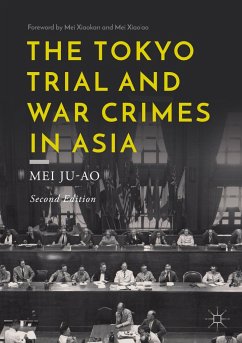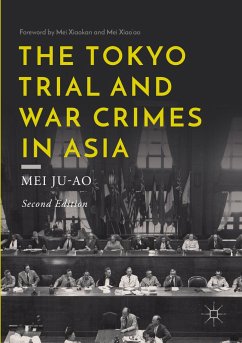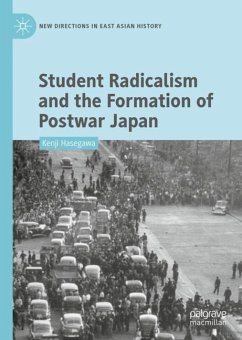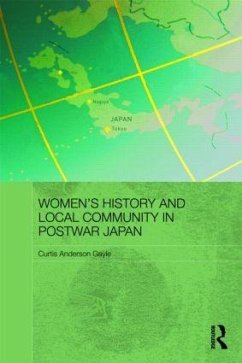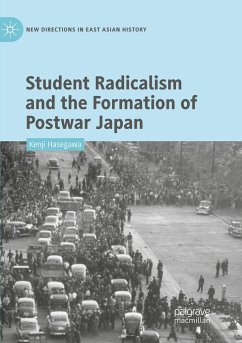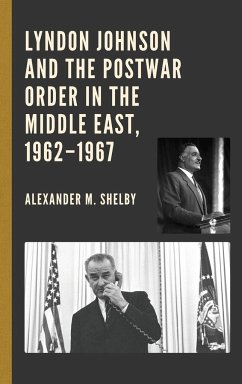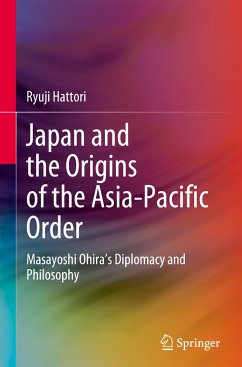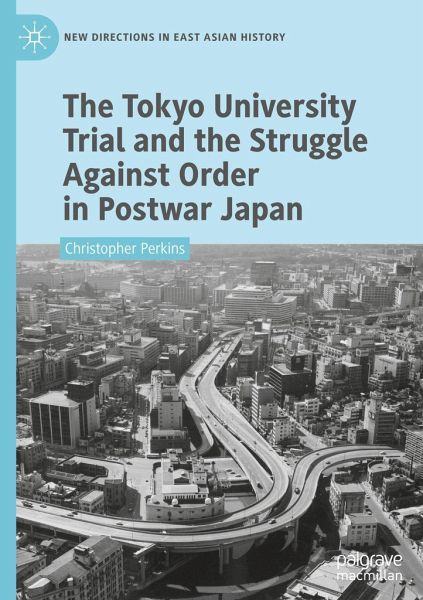
The Tokyo University Trial and the Struggle Against Order in Postwar Japan
Versandkostenfrei!
Versandfertig in 6-10 Tagen
83,99 €
inkl. MwSt.
Weitere Ausgaben:

PAYBACK Punkte
42 °P sammeln!
This book explores the trial of over 600 students arrested at the University of Tokyo in 1969 after thousands of riot police had flooded the campus to end the students' year-long occupation of the university. The trial, which was the largest in Japanese legal history and was remarkable for being the first to hear cases in the absence of defendants and their lawyers, quickly turned into a divisive struggle over legal process that spilled out of the courts into the media, and in so doing raised troubling questions about the legitimacy of the courts themselves. In making the case for the signific...
This book explores the trial of over 600 students arrested at the University of Tokyo in 1969 after thousands of riot police had flooded the campus to end the students' year-long occupation of the university. The trial, which was the largest in Japanese legal history and was remarkable for being the first to hear cases in the absence of defendants and their lawyers, quickly turned into a divisive struggle over legal process that spilled out of the courts into the media, and in so doing raised troubling questions about the legitimacy of the courts themselves. In making the case for the significance of this trial, this book places it within the context of the Japanese state's attempts to manage social order, arguing that the Tokyo University trial was a moment in which a range of postwar themes - legal process and rights, courtroom order and authority, the proper role of lawyers, the social position of students, and the legitimacy of forms of policing - crystalized in a courtroombattle that pushed at the limits of Japan's postwar sociologic order. The book also sheds new light on the students' experiences of the trial, exploring their time spent in detention and demonstrating how tensions internal to the student movement manifested during the trial process.







